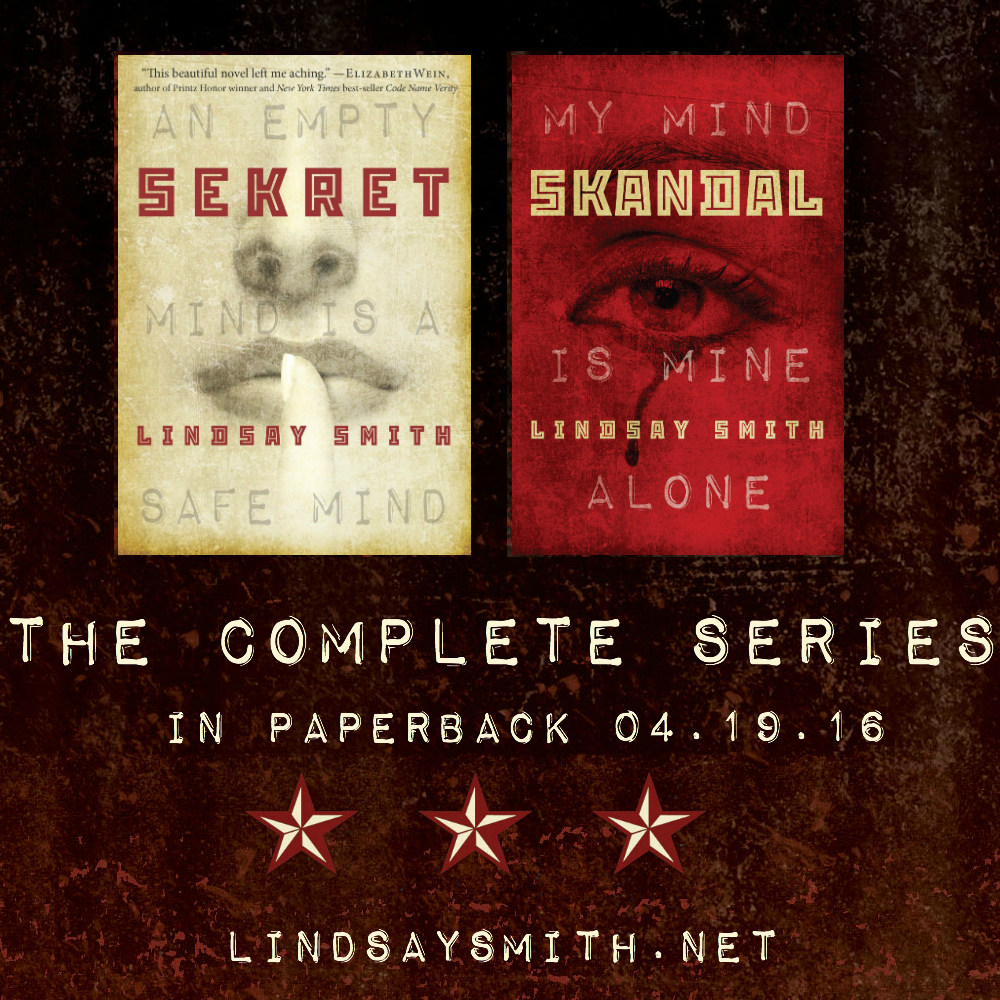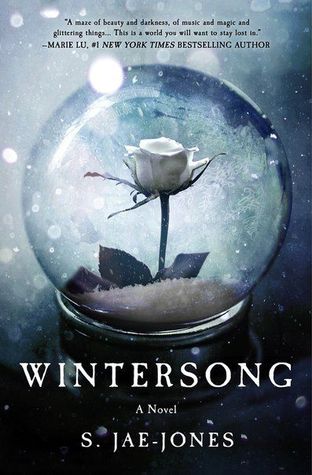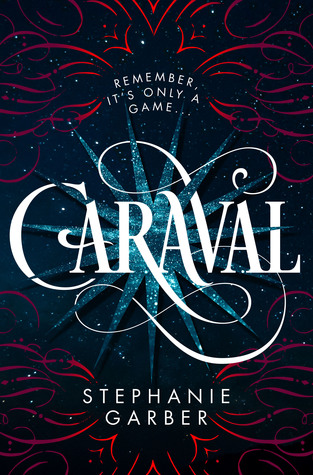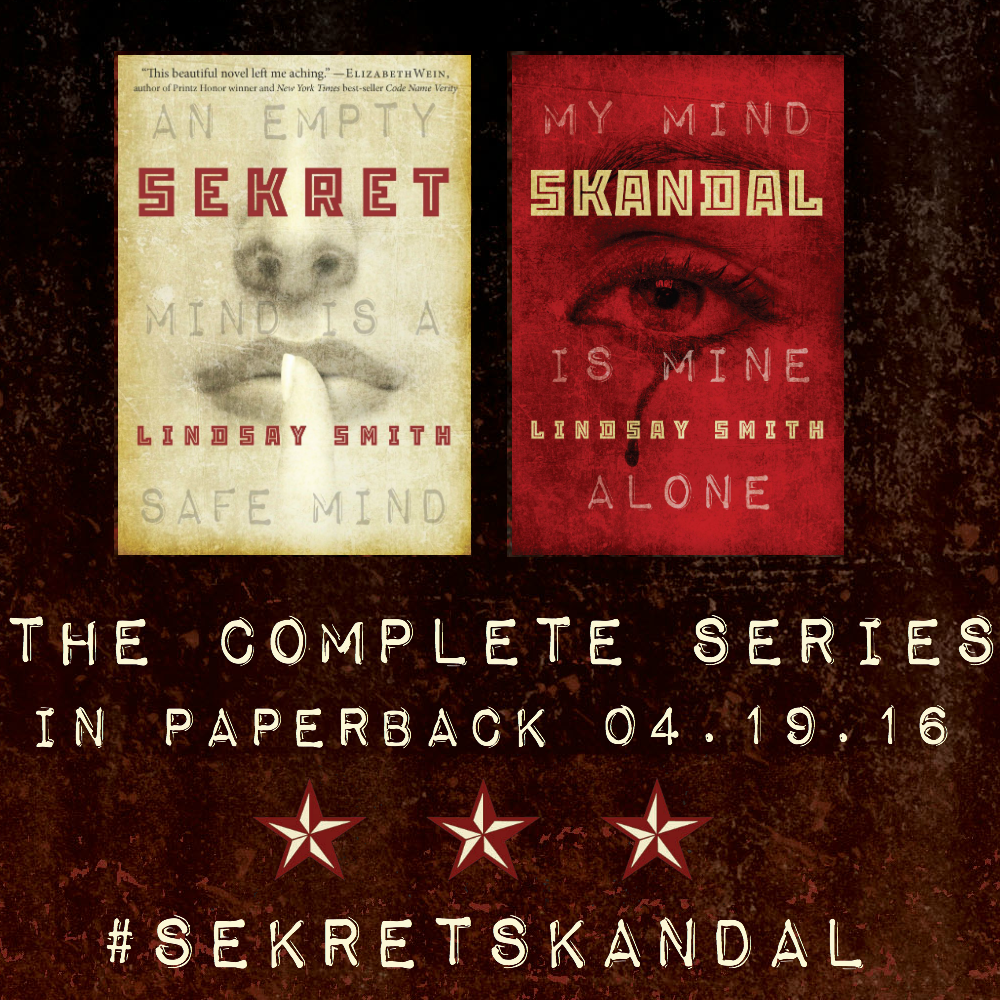Well, this is going to be an August Wrap-Up/September Check-In, but I know, I know, I’ve been pretty much MIA all summer. For good reasons and dumb ones. Let’s start with the great, and talk about my favorite topic, process, along the way!
Last week I went on an amazing, restorative retreat in Canada with five other YA authors. We were all working on wildly different projects at wildly different stages of the process, and each had colossally different approaches to the work, but it was such a positive and encouraging and relaxing environment, and I feel like I learned a ton both about how I work best and how I relate to other writers (and can be a better author friend).
“You are the embodiment of work hard, play hard,” Ryan Graudin said to me, which I took as a compliment of the highest order. I arrived a few days later than the others, and E. K. Johnston joked that everyone’s productivity went up 500% when I showed up, but hey—I love what I do, and what I do is ruthlessly crack the writing whip and Slytherin it up. I instituted a new evening activity, “Drinking & Drafting,” which is as advertised: enjoying a glass of wine, beer, or entire bottles of honey whiskey and Fireball (as the case was, when there’s six of you) while doing thirty-minute writing/revising sprints. In between, we can chat and laugh at ourselves and rage at our stupid stupid words, but when the timer starts again, it’s back to work.
(Note: Twitter Drink&Draft nights might become a thing. Be forewarned.)
I learned about incorporating feedback and tweaking character motivation from Roshani Chokshi. About the usefulness of persistence and the “slow and steady” writing process from Ryan. E. K. Johnston reminded me of the joys (and terrors) of producing under pressure. Leah Bobet basically gave a master class on worldbuilding and reconceptualizing the mundane and the mythic. And Emma Higginbotham just straight up kicked word count ass.
In large part thanks to the retreat, August turned out to be my highest word-count month ever, more than any NaNo months. (It was so high, in fact, that I’m actually too embarrassed to post the monthly total because I still can’t get past the stigma that people think high word count = crap writer.) This sounds awesome, I know, but when I look back on the summer I’ve had, I’m even more pleased with it.
Truth is, this summer sucked for me on the creative frontier. In March and April, I went through a wild and wonderful drafting spree, cranking out a 90,000-word YA fantasy novel in six weeks thanks to that giddy mix of a solid outline and ambition and determination. So in May, I was coming down from that exhilarating high. I also faced some big and incredibly stressful shake-ups at work (yeah . . . the new job I took because I wanted more stability . . .) and, stupid as it sounds, was feeling pretty frustrated and conflicted about a piece of media I’d been eagerly awaiting for over two years. All this plus my usual summer depression plus a longer stretch of not being medicated when I really ought to be pretty much killed my creative drive all the way through July. I did finally drag myself to the doctor to get medicated (on a permanent basis, finally) and also—surprise!—got an ADHD diagnosis. Which, in retrospect, is just hilariously sad that it took 32 years for someone to notice, most of all me.
Writing through depression sucks. Often, there is no writing through depression. There is thinking about writing, and feeling even worse because you aren’t writing; or trying to write, and hating every last word. I spent most of those months outlining stories and getting angry the moment I actually tried to write them because everything sounded dead and dull and gray. Reading was similarly painful. Either I felt hopelessly incapable of ever making another book of my own, or found absolutely nothing of value in what I tried reading, even if it should have been hitting every single one of my happy story buttons. It just seemed like a chore.
Two things got me through the worst patch of it.
First were obligations. To Coldwitch, to The Hanging Garden, to friends. I could drag myself to a coffee shop with a friend, laptop in hand, if only so I could yell at said friend to get her writing done. Naturally I had to at least make an effort to do some of my own, even if I was days behind and felt like every scene starred two pieces of cardboard slowly getting soggy in the rain.
Second, I opened up a blank Word doc and braindumped all my frustration with said disappointing-confusing media and didn’t care how much it resembled soggy cardboard, because it was entirely for me. No publishers or readers to impress because it wasn’t for them and would never be for them. It was my catharsis alone—all 53,000 words of it—and, conveniently enough, it centered on a character systematically working through their own depression and self-doubt. Maybe it was a waste of words, maybe not, but it allowed me to keep writing through depression with zero expectations and pressure—something I hadn’t done in a very, very long time.
And despite all that: I’m going into September with a ridiculously high word count for the year to date, one that has me feeling really good about where I’m going to end the year. And here’s what I’m hoping to accomplish:
September Goals
Writing cool scary new project in new medium that I can’t talk about even though it’s going to take up all my brainpower! Good times.
Drafting big gay adult high fantasy shedding the armor of toxic masculinity novel! (currently: 14K; goal by end of month: 50K)
Promoting A Darkly Beating Heart, my angry little revenge fantasy book that defies conventional promotion tactics.
September Stretch Goals
Set up a Patreon (as Dahlia is hounding me to do, and I have lots of ideas for it! Just need the confidence and time)
Start revisions/rewrites on stray carewolves YA high fantasy novel
Outline adult high fantasy girl gang smashing colonialism novel for NaNoWriMo
At the top of my September TBR:
What are your goals for September? What’s at the top of your TBR pile?
Comments closed


















































